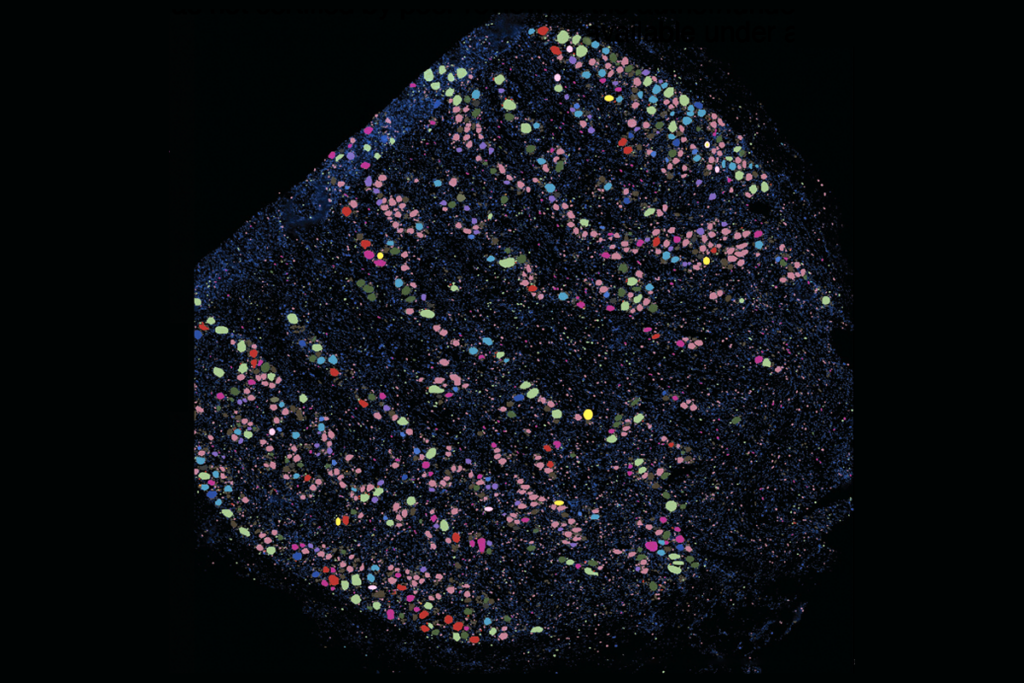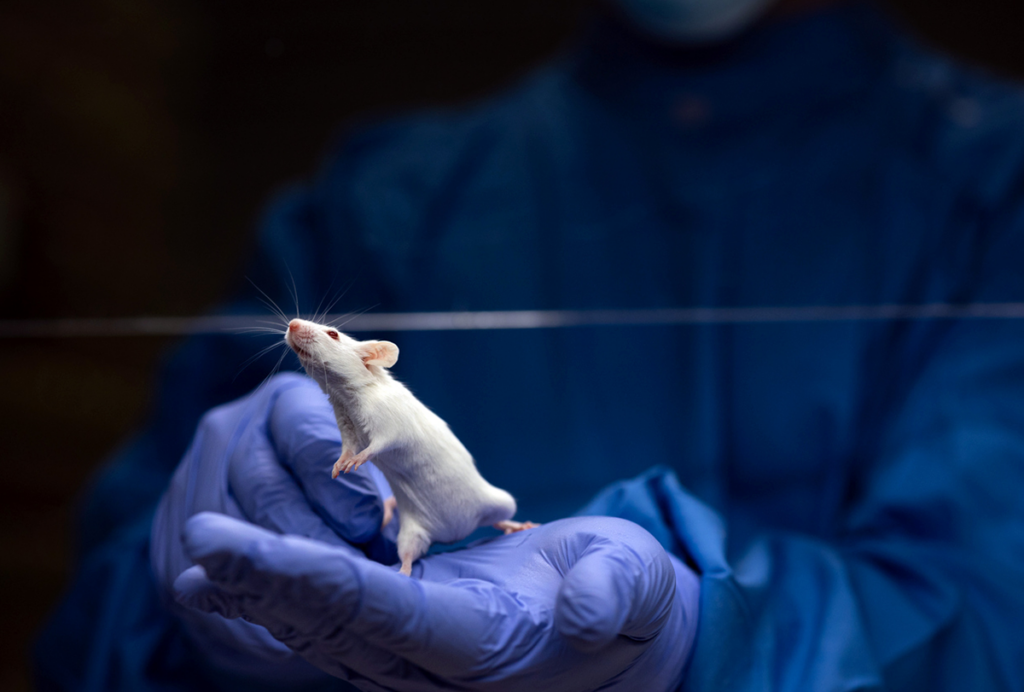Marketing oils for autism; pruning principle matures; mouse manual and more
Autism parents fall for the marketing of essential oils, the pruning hypothesis of brain development matures, and an online manual classifies mouse behavior.
- A potent mix of essential oils and a sophisticated marketing scheme has proved irresistible for some in the autism community, Mother Jones reported 23 February. Classes featuring “little vials with romantic herbal names” draw in customers, who then become salespeople for DoTerra, the company selling the oils. Salespeople, in turn, must spend $100 per month on company products to earn commissions.
A third of the salespeople — or “wellness advocates,” as the company calls them — have zero earnings from their efforts to sell the oils, even though a ‘starter kit’ costs $150. And little evidence exists to support a benefit of using the oils for autism, according to the article.
- Microglia, the “brain’s secret gardeners,” help shape brain connections and likely have important roles in conditions such as autism and schizophrenia. But the idea that brain pruning by microglia might underlie these conditions was an immature notion when it was proposed in 1983. The hypothesis is now reaching its full, well-pruned maturity, Nature reported 21 February, with abundant evidence from genetic and molecular studies and imaging findings to support it.
- If you study mouse behavior, the “Mouse Ethogram” is for you. Joseph Garner and his colleagues at Stanford University in California maintain the website, which classifies and describes mouse behaviors of interest to researchers, matched to research questions and protocols. The site even features video examples of the behaviors.
- In January 2017, Robert Kennedy Jr. told the world that Donald Trump had asked him to chair a commission to review vaccine safety, including reviving repeatedly debunked links to autism. Now Kennedy says the Trump administration has “cut off all communication” and “decided to go in another direction,” The Guardian reported 21 February.
- Texas has become fertile ground for anti-vaccine politics. A catalyst for the growing rates of vaccine exemptions in the state was the arrival of “discredited British researcher” Andrew Wakefield, The Guardian reported 26 February. He sees the upcoming election season as “a new start” following on a series of personal setbacks, journalist Jessica Glenza writes.
Others find this perspective alarming. Baylor College of Medicine tropical medicine researcher Peter Jay Hotez, whose child has autism, told The Guardian that moderate candidates are being “cherry-picked out” by people running with an anti-vaccine message. He worries that the upshot will be a measles outbreak because parents decide to forgo vaccines.
- A device that relies on machine learning to diagnose autism has taken a major step toward approval. The U.S. Food and Drug Administration has recognized Cognoa’s software as a medical device for autism, TechCrunch reported 21 February. The decision opens the door for Cognoa to submit an application for full product clearance from the agency.
- A restructuring at the U.S. Environmental Protection Agency has raised concerns that its programs for assessing the effects of environmental chemicals on people might vanish. Initial reports had the National Center for Environmental Research being subsumed into a new Office of Resource Management, but the agency now says the “reshuffle is not final,” BuzzFeed News reported 27 February.
Fueling concerns is the fact that a key program that funds research into chemical exposures has twice been on the chopping block in Trump administration budget proposals.
- Glia, the support cells for neurons, come in many varieties, some of them implicated in autism. Findings published 21 February in PLOS ONE reveal that some glia may tamp down neuron excitability. Glia trigger pH changes around neurons that quiet neuronal signaling. Researchers demonstrated this effect in cells from several species, including people, rats and monkeys. Although the investigators used cells from the retina, they say that the mechanism they discovered may be common throughout the brain.
- Excellence is a ubiquitous expectation in the practice of science, so highly prized that ‘centers of excellence’ are everywhere we look. Nature editors wrote 21 February that because there is no single unified definition of excellence, scientists need to address how excellence should be measured, defined and monitored. Right now, they say, no one knows what ‘excellence’ really means.
- Ann Wagner has been appointed National Autism Coordinator for the U.S. Department of Health and Human Services. She takes this role after overseeing the National Institute of Mental Health’s Autism Research Program, the institute announced 28 February. In the new role, Wagner will oversee autism-related research activities across federal agencies.
- Do you have a new paper coming out? Are you making a career move? Did you see a study or news story that you want to share? Send your news tips to [email protected].
Recommended reading

New organoid atlas unveils four neurodevelopmental signatures

Glutamate receptors, mRNA transcripts and SYNGAP1; and more
Explore more from The Transmitter

‘Unprecedented’ dorsal root ganglion atlas captures 22 types of human sensory neurons

Not playing around: Why neuroscience needs toy models

